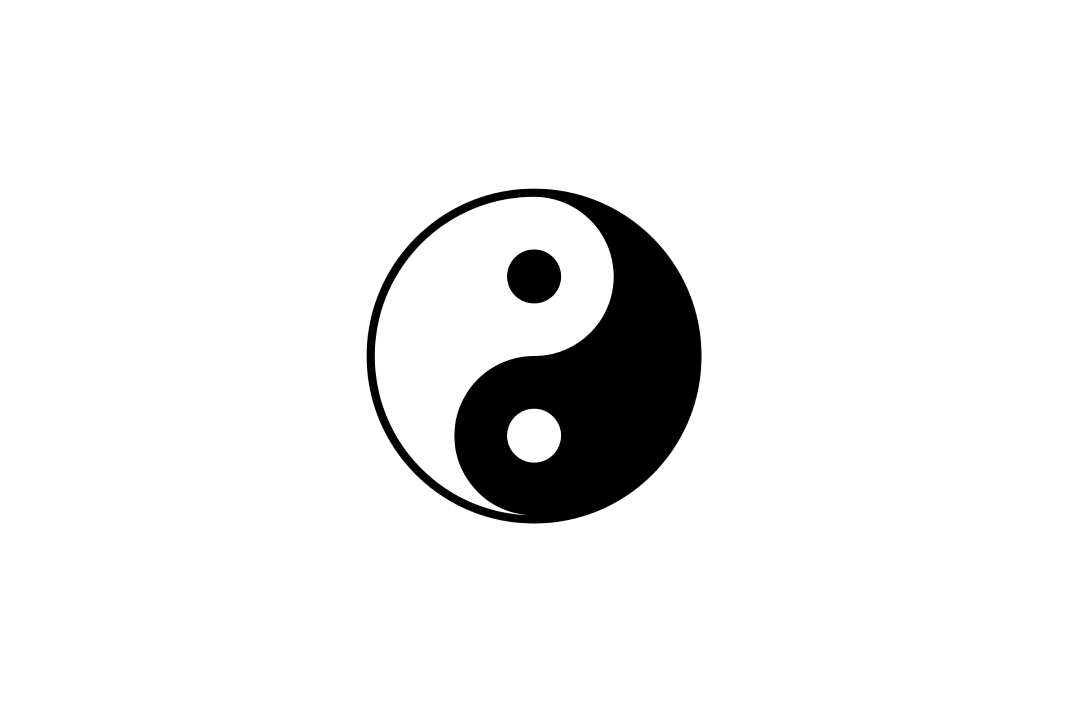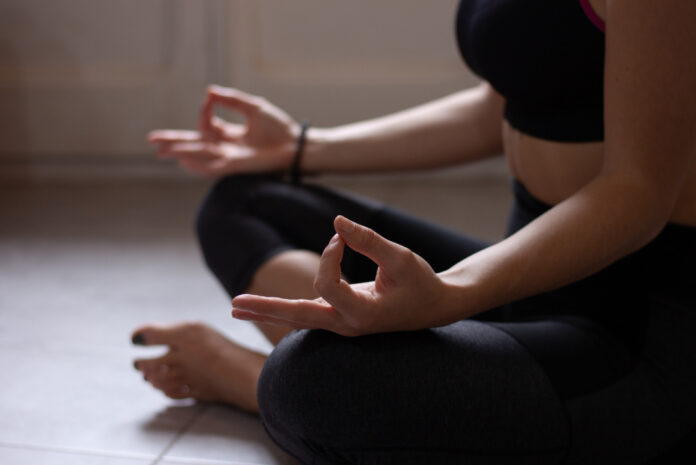Here’s all you need to know about Yin yoga
Have you heard of Yin yoga? While Yang yoga includes most forms of yoga performed in the West, such as Power, Vinyasa, Hatha, and Kundalini, Yin focuses on slowing down the process and stretching our fascia. It’s super important to incorporate the Yin side of the practice into your routine.
Yin yoga practices will help improve your physical and mental health by practicing a more relaxed form of yoga. Yoga instructor Rachel Hirsch, the co-founder of Empowered Yoga, describes it as “a yoga practice rooted in Chinese and Taoist principles.”
According to Hirsch, holding a pose is a more efficient way to stretch your deeper connective tissues, also known as fascia, than just moving through a pose. “By holding poses for much longer than in other styles of yoga, you are able to stretch and lengthen your connective tissue,” says Hirsch. She added that staying still in a pose has the benefit of stilling your mind.

“The idea is that each practitioner should move into a pose at a depth that is appropriate for them on that particular day,” explains yoga instructor Kelly Aguilera, lead teacher of Sacred Roots Teacher Training. This theory also recognizes that a number of variables that fluctuate on a daily basis, such our level of hydration and our level of recent physical activity, can affect our ability to move freely.
Unlike the uptick on heart rate gained by Yang yoga, the goal of the Yin yoga practice is to remain still so that our body’s connective tissues can elongate. “When we remain still and passive in a pose, we are able to more effectively affect the connective tissues of the body,” says Aguilera. “Overcoming the urge to fidget, move, adjust can be incredibly challenging for both the body and mind.”
Most practicing will involve holding a position for a minimum of 3 to 5 minutes. “That’s because your fascia needs more than a minute to respond,” Aguilera explains.
In addition to its physical advantages, there are also psychological and emotional advantages. “We move quickly in this world, always from one thing to the next,” says Hirsch. “The practice of yin requires you to slow down, breathe through discomfort, and push past thoughts of wanting to give up.”
Some common Yin yoga practices include:
- Child’s Pose
- Savasana
- Butterfly Pose
- Dragon Pose
- Sphinx Pose
- Reclined Twist
“Once you become more comfortable, you can take this practice online or even solo in your home,” says Hirsch. “Bolsters, blocks, and blankets are also nice to have, but blankets can be rolled together to create larger props or pillows used instead if that’s more accessible.”
Suitable for all ages, fitness levels, and experience levels, don’t hesitate to start practicing today!
